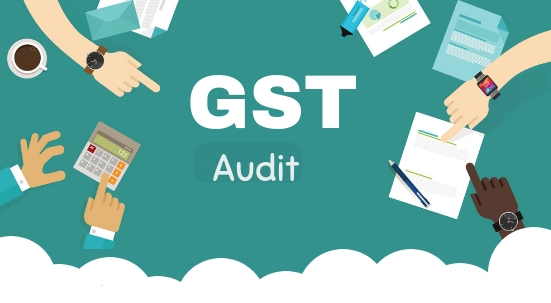| Types | Performed By | When Initiated |
|---|---|---|
| Turnover based Audit | Chartered Accountant or Cost Accountant appointed by the taxpayer | As per the CGST Act, if the Turnover exceeds 2 crore,^ the taxpayer has to get his accounts & records audited |
| Normal audit/General Audit | Commissioner of CGST/SGST or any Officer authorized by him | On order of Commissioner by giving 15 days prior notice |
| Special audit | A Chartered Accountant or Cost Accountant, nominated by Commissioner | On order of Deputy/Assistant Commissioner with prior approval of Commissioner |
- Classification of goods/services.
- Verification of place of supply
- Compliance of reverse charge mechanism.
- Creditors more than (180) days.
- Sale of Assets.
- Refund of GST.
- Transitional credit under GST.












